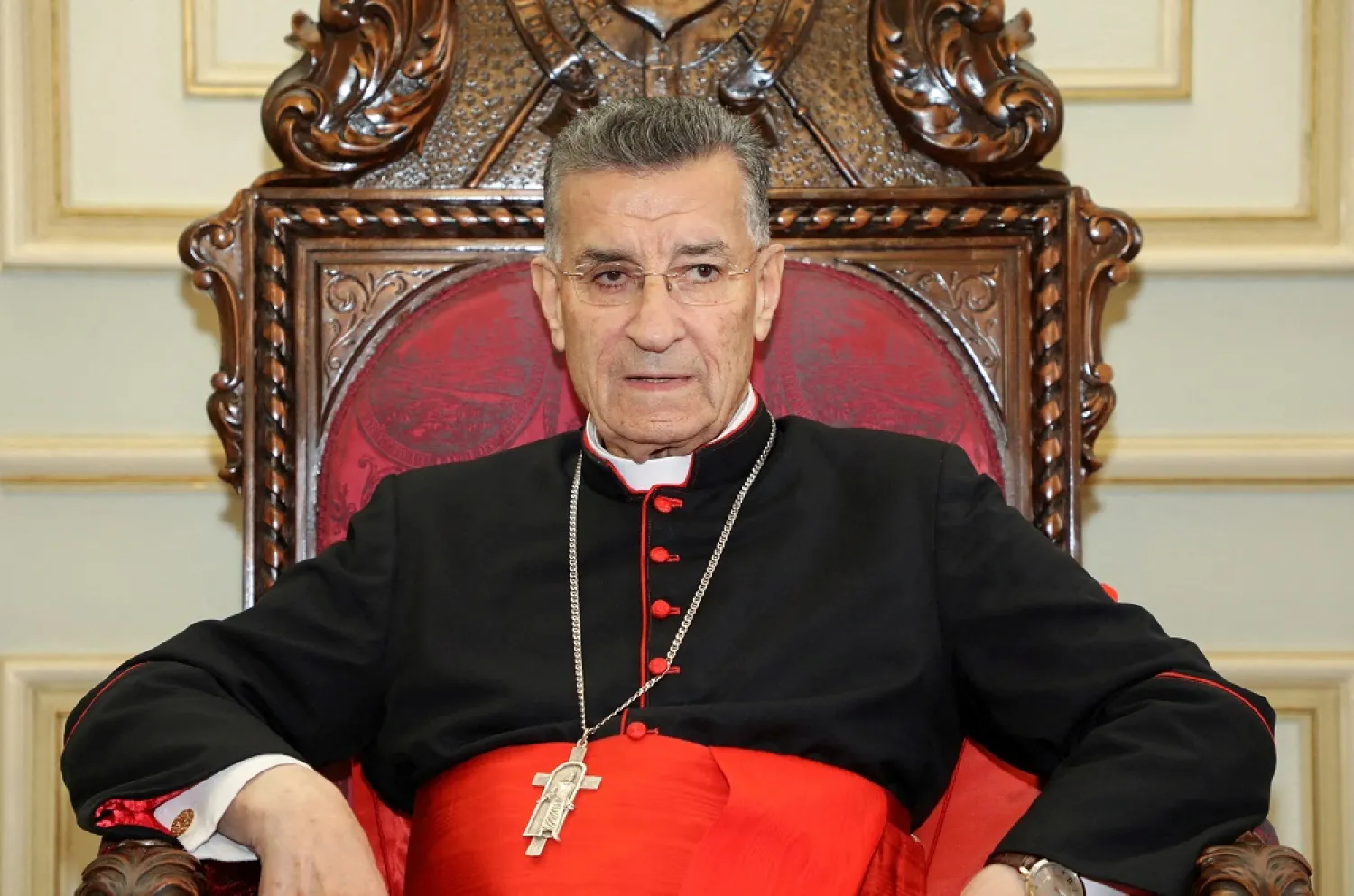With the race over the presidency heating up in Lebanon, debate is raging over the qualifications of the next president.
Amid the political divides in the country, each rival camp has come up with their own set of conditions that they believe qualifies a candidate to run for the country’s top post.
The debate is particularly fierce between long-time rivals the Free Patriotic Movement, headed by MP Gebran Bassil and founded by his father-in-law and current President Michel Aoun, and the Lebanese Forces, headed by Samir Geagea.
Bassil had recently declared that the presidential candidate should enjoy the greatest popular support and that he should represent their Christian sect.
In Lebanon, the president is always a Maronite Christian, as per the National Pact that also says the prime minister is always a Sunni figure and the parliament speaker a Shiite.
Bassil’s remarks were understood as an attempt to eliminate former MP and Hezbollah candidate Suleiman Franjieh from the presidential race given that he doesn’t enjoy a sizable parliamentary bloc.
They were also interpreted as an attempt to reach a compromise with Geagea over the presidency.
The LF leader was quick to reject the proposal, saying he “would not be fooled twice”.
He instead reiterated his call on the opposition to agree on a candidate who would challenge Bassil and his ally, Hezbollah, adding that Aoun “is the weakest president in Lebanon’s history.”
As it stands, it appears impossible to bring together the leaders of the two largest Christian blocs in parliament or for them to agree to the candidacy of either Geagea or Bassil.
Moreover, the LF has said that it would be useless for Maronite Patriarch Beshara al-Rai to call the rivals to meet given the fundamental national differences between them.
The FPM, however, believes that holding a meeting for Christian leaders with Rai is “essential” to preparing for the presidential elections. Aoun’s term ends in October.
Senior sources in the FPM dismissed claims that Bassil is seeking a compromise with Geagea over the presidency.
They also said that the option of reaching an agreement with Franjieh still stands as long as the conditions set by Bassil - that the candidate head a sizeable parliamentary bloc or be nominated by a sizable Christian bloc - are met.
The sources acknowledged that the FPM and LF enjoy the largest blocs in parliament, but clarified that Bassil’s statements do not mean that the nomination of a president will be restricted to these two parties.
Moreover, they stressed that Bassil “is not seeking to run for president.”
They added that Bassil’s remarks meant that the candidate must be chosen from their Christian environment and that the choice “must not be usurped by Muslim blocs.”
Such a move would violate the National Pact, they warned, while noting that Aoun boasted the largest bloc in 2018 and retained it in 2022.
The sources added that the FPM would ultimately support any proposal offered by Rai to bring together Christian leaderships to discuss the elections and bar other parties from undermining the presidential race.
“Bassil is not eyeing the presidency,” reiterated the sources, “but he will wage a battle if he sensed an attempt to usurp the nomination by Muslim blocs. He is simply asking for the National Pact to be implemented.”
On the other side of the divide, LF sources said the party has found no common ground or any opportunity for rapprochement with the FPM.
They told Asharq Al-Awsat that Bassil has shifted the debate over the Christian representation of the president to popular representation.
They added that the FPM is no longer the greatest representative of Christians after it lost its parliamentary majority to the LF in the May elections.
Rather, the FPM is now relying on its Shiite allies, meaning Hezbollah, to add political weight to its stances.
The FPM has incurred the ire of various sects, topped by the Christians, because of its policies in recent years, continued the sources.
The sources explained that two approaches are now on the table regarding the presidency.
The first, presented by Bassil, has been tested under Aoun’s current term. It aims to cover the “Hezbollah republic” in Lebanon and has led the country to disaster, collapse and isolation.
The second, offered by the LF, calls for the establishment of a completely different republic that seeks to help Lebanon out of this dismal situation.
The sources stressed that the LF is now the “strongest popular and Christian representative. It reflects the historic path followed by Christians in Lebanon.”
Bassil and Aoun, on the other hand, were at one point the greatest representatives, but they chose to go against the historic path by undermining all Christian values that call for the establishment of a sovereign, diverse, democratic and independent state.
They abandoned all this for the state of Hezbollah, charged the sources.
Furthermore, they added that Rai was in no way prepared to call for a meeting for Christian leaders.
The dispute between the FPM and LF revolves around two political projects. One is non-Lebanese, pursued by the FPM and Hezbollah, and the other is Lebanese, advocated by the LF.
This major national divide does not demand a Christian meeting and there is no point to it given how sharp the dispute is, they added.









